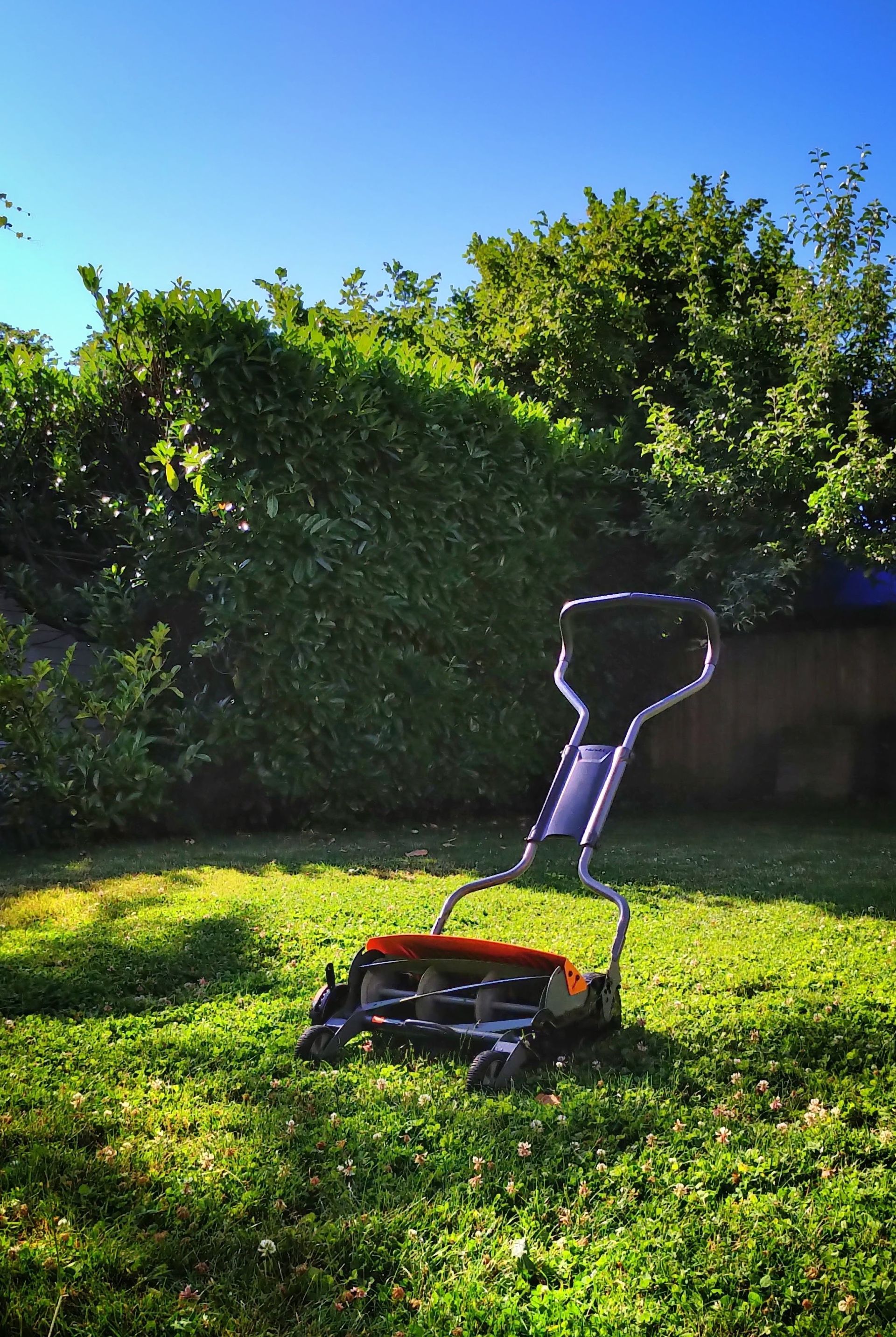Lawn Mower Maintenance Myths Debunked: Expert Tips for Optimal Performance

Keeping your lawn mower in top condition isn't just about ensuring it starts every time; it's about safeguarding your investment in your home's curb appeal and your garden's health. Yet, amidst the wealth of maintenance advice, several myths persist that can do more harm than good. Our mission today is to debunk these myths with expert tips that guarantee optimal performance from your lawn mower. Say goodbye to misinformation and hello to a lawn that's the envy of the neighborhood. Let's dive into the real dos and don'ts of lawn mower maintenance, cutting through the noise to bring you the facts that matter.
The Importance of Lawn Mower Maintenance
Regular lawn mower maintenance is crucial, not just for the machine's longevity but also for the health of your lawn. A well-maintained mower ensures clean cuts, preventing grass disease and promoting healthier growth. Ignoring routine upkeep can lead to problems ranging from poor performance to complete breakdowns, turning what could be a simple maintenance task into costly repairs.
Common Challenges:
- Dull blades tearing rather than cutting grass, leading to disease.
- Clogged filters and cooling fins causing overheating.
- Old or contaminated fuel impairing engine performance.
Understanding these challenges underscores the importance of debunking maintenance myths and adopting practices that keep your mower—and by extension, your lawn—in prime condition.
Debunking Common Lawn Mower Maintenance Myths
Let's clear the air on some of the most persistent myths surrounding lawn mower maintenance, ensuring you're equipped with the facts needed for optimal mower care.
Myth #1: Cleaning the Mower Isn't Necessary After Each Use
Truth: Leaving grass clippings, dirt, and debris on your mower can corrode its parts and hinder its performance. A quick clean after use prevents buildup, ensuring it runs smoothly and extends its lifespan.
Myth #2: Sharpening Blades Once a Year Is Enough
Truth: The frequency of blade sharpening depends on usage. In active seasons, checking blades every 20-25 hours of use is advisable. Dull blades harm your lawn's health by tearing grass, making it prone to disease.
Myth #3: Any Oil Type Will Work for My Mower
Truth: Using the correct oil type is crucial for your mower's engine health. Different engines require specific oil types and viscosities for optimal performance. Always refer to your mower's manual for the manufacturer's recommendations.
Expert insight underscores the importance of these maintenance practices. By adhering to the correct procedures, you ensure your lawn mower operates efficiently, keeping your lawn in pristine condition.
Expert Tips for Optimal Lawn Mower Performance
To keep your lawn mower running at its best, follow these expert maintenance tips. These guidelines will help you achieve a perfectly manicured lawn with a mower that lasts longer and performs better.
Regular Cleaning and Maintenance
Tip: After each use, remove any grass clippings, dirt, and debris from the mower's undercarriage. Use a putty knife or a hose to clean off stuck-on grass, and make sure to dry any wet areas to prevent rust.
Blade Sharpening Techniques
Tip: Inspect your blades regularly for dullness or damage. A sharp blade makes clean cuts, promoting healthy grass growth. If you're not comfortable sharpening the blades yourself, consider taking them to a professional.
Choosing the Right Oil and Fuel
Tip: Always use the type and grade of oil recommended by your lawn mower's manufacturer. Similarly, ensure you're using fresh fuel, and add a stabilizer if you plan to store it for more than a month to prevent engine damage.
Seasonal Maintenance
Tip: Prepare your lawn mower for off-season storage by cleaning it thoroughly, changing the oil, and either draining the fuel system or adding a stabilizer. This prevents the fuel from degrading and damaging the engine.
Following these maintenance tips not only extends the lifespan of your lawn mower but also ensures it runs efficiently, helping you maintain a beautiful, healthy lawn throughout the growing season.
Addressing Common Maintenance Challenges
Even with diligent care, lawn mowers can encounter issues. Knowing how to troubleshoot common problems can save you time and money. Here are some tips to keep your mower in peak condition.
Troubleshooting Tips
- Starting Problems: Check the spark plug and air filter. A dirty air filter or a faulty spark plug can prevent the mower from starting. Replacing or cleaning these parts can often solve the problem.
- Uneven Cuts: This issue is usually due to dull blades or uneven tire pressure. Ensure your blades are sharp and all tires are inflated to the manufacturer's recommended pressure.
- Overheating: Make sure the cooling fins and air passages are clear of debris. Overheating can occur when the engine is forced to work harder than necessary due to blockages.
When to Seek Professional Help
- If you encounter persistent starting issues or mechanical failures you're not equipped to handle, seeking professional service is advisable. Complex problems like engine repair or electrical issues are best left to the experts.
Preventative Maintenance Checklist
- Regularly check and replace the spark plug and air filter.
- Sharpen the blades two to three times per season or as needed.
- Change the oil at least once per season or according to the manufacturer's guidelines.
- Clean the mower after each use to prevent buildup and corrosion.
- Check tire pressure and adjust as necessary for even cuts.
By incorporating these maintenance and troubleshooting tips into your lawn care routine, you can ensure your lawn mower remains a reliable tool for keeping your yard looking its best. Regular maintenance not only prevents common issues but also prolongs the life of your mower, making it a wise investment in the beauty and health of your lawn.
Conclusion
Maintaining your lawn mower is key to achieving a beautiful, healthy lawn and ensuring your equipment lasts for years to come. By debunking common maintenance myths and applying expert tips, you can enhance your mower's performance and avoid common pitfalls. Remember, regular care and addressing small issues promptly can save you from bigger, more costly problems down the line.
For residents in need of professional lawn care services or advice on lawn mower maintenance,
Proyards stands out as a reliable choice. With their expertise in lawn maintenance and commitment to customer satisfaction, Proyards ensures your lawn and equipment are in the best hands. Trust Proyards for all your lawn care needs and enjoy a lush, well-maintained outdoor space with ease.
Our Services
Contact Information
Phone: (801) 254-2890
Email: proyardcustomers@gmail.com
Business Hours
- Mon - Fri
- -
- Sat - Sun
- Closed
Area We Serve
All Rights Reserved | Proyards









